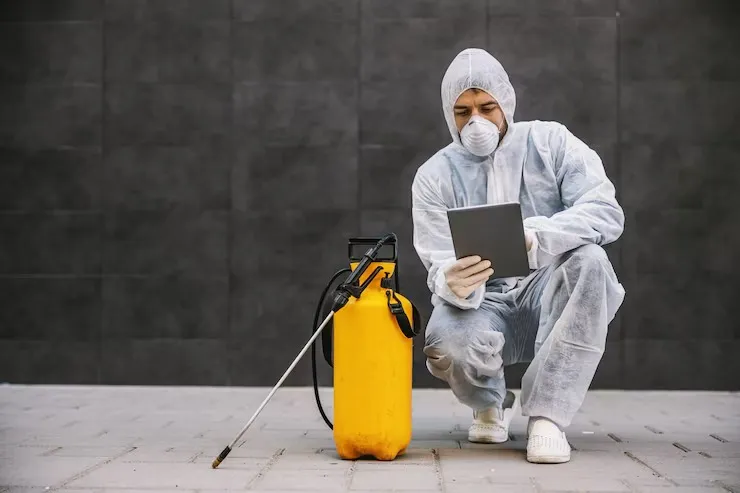Key Takeaways
- Timeframe for Bug Extermination: Varies based on pest type, treatment method, and infestation severity.
- Common Pests and Extermination Time: Includes cockroaches, ants, termites, bed bugs, etc., with different timeframes for each.
- Post-Treatment Tips: Recommendations for ensuring effective pest control and preventing reinfestation.
Introduction
When it comes to pest control, one of the most pressing questions homeowners have is, “How long after pest control do bugs die?” The answer isn’t straightforward as it depends on several factors including the type of pests, the severity of the infestation, and the method of treatment used. In this article, we’ll explore these variables and provide a comprehensive guide to understanding the effectiveness of pest control.
Factors Influencing Extermination Time
| Factor | Description |
|---|---|
| Pest Type | Different pests respond differently to treatments. |
| Infestation Severity | Heavier infestations may require longer to eradicate. |
| Treatment Method | Chemical, biological, and physical methods vary in effectiveness. |
Common Pests and Extermination Timeframes
- Cockroaches: Typically start dying within a week, complete eradication can take up to a month.
- Ants: Visible reduction in 1-2 days, but may take a few weeks for total control.
- Termites: Depending on treatment, can take a few days to several weeks.
- Bed Bugs: Begin dying off within a few days, but complete elimination can take up to a month.
Post-Treatment Tips
- Regular Monitoring: Check for signs of pest activity regularly.
- Cleanliness: Maintain a clean environment to prevent reinfestation.
- Seal Entry Points: Close off any potential entry points for pests.
Do’s After Pest Control:
- Ventilate the area
- Clean up residual sprays
- Store food in sealed containers
Don’ts After Pest Control:
- Do not enter the treated area prematurely
- Avoid cleaning immediately
- Do not ignore follow-up treatments
Detailed Insights and FAQs
Detailed Insights
Understanding the science behind pest control can help set realistic expectations. For instance, chemical treatments may have immediate effects on some pests, while others might take longer to respond. Biological methods, such as using predators or pheromones, often require more time to show results.
FAQs in Table Format
| Question | Answer |
|---|---|
| Why do some bugs take longer to die after pest control? | It depends on the pest’s lifecycle and resistance to treatments. |
| Can I speed up the extermination process? | Follow-up treatments and maintaining a clean environment can help. |
| Is it normal to see more bugs immediately after treatment? | Yes, as they emerge from hiding spots, but numbers should decrease over time. |
Conclusion
The time it takes for bugs to die after pest control varies significantly based on several factors. Understanding these nuances is crucial for setting realistic expectations and ensuring a successful pest eradication process. Remember, patience and following post-treatment recommendations are key to achieving a pest-free home.




